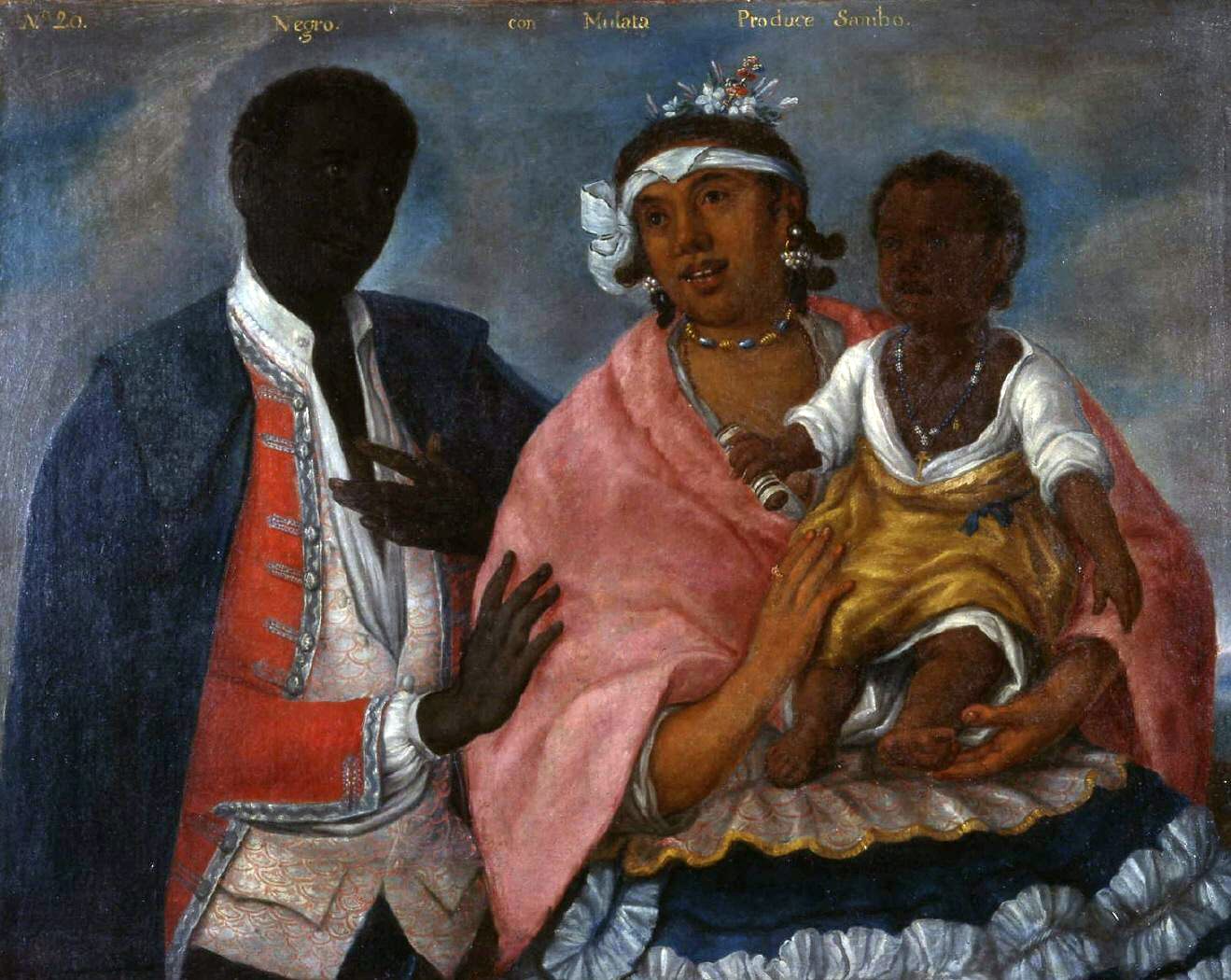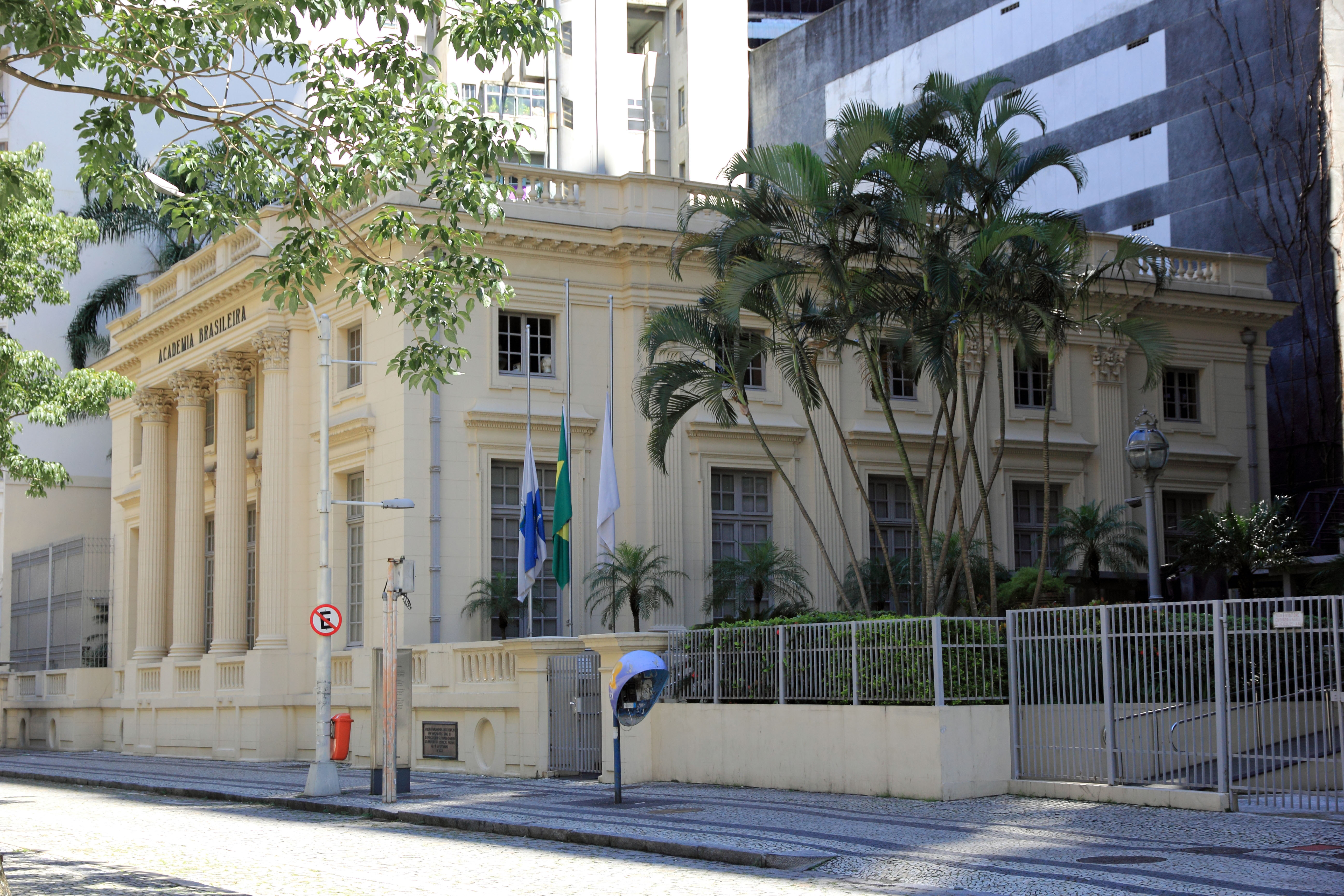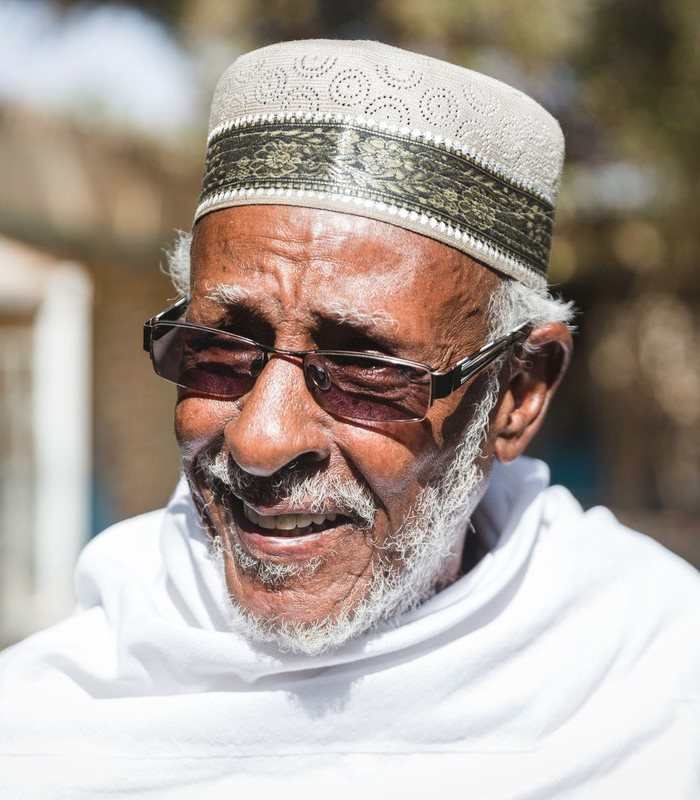|
Gonçalves Dias
Antônio Gonçalves Dias (; August 10, 1823 – November 3, 1864) was a Brazilian Romantic poet, playwright, ethnographer, lawyer and linguist. A major exponent of Brazilian Romanticism and of the literary tradition known as " Indianism", he is famous for writing " Canção do exílio" (arguably the most well-known poem of Brazilian literature), the short narrative poem '' I-Juca-Pirama'', the unfinished epic '' Os Timbiras'', and many other nationalist and patriotic poems that would award him posthumously with the title of national poet of Brazil. He was also an avid researcher of Native Brazilian languages and folklore. He is the patron of the 15th chair of the Brazilian Academy of Letters. Biography Antônio Gonçalves Dias was born in Caxias on August 10, 1823, to a Portuguese father, João Manuel Gonçalves Dias and a '' cafuza'' mother, Vicência Ferreira. After completing his studies in Latin, French and Philosophy, he went in 1838 to Portugal to earn a degre ... [...More Info...] [...Related Items...] OR: [Wikipedia] [Google] [Baidu] |
I-Juca-Pirama
''I-Juca-Pirama'' is a short narrative poem by Brazilian author Gonçalves Dias. It first appeared in his 1851 poetry book ''Últimos Cantos'', but is usually published independently of its parent tome. Written under decasyllabic and alexandrine verses, and divided in ten cantos, it is one of the most famous Indianist poems of Brazilian Romanticism. ''I-Juca-Pirama'' means, in Old Tupi, "He who will die". Plot The poem tells the story of a Tupi warrior who is captured by an enemy, cannibal tribe – the Timbiras. As he is about to be killed and offered in sacrifice, he begs for mercy in order to be freed and return to his home, where his old, sick and blind father waits for him. The Timbiras then allow the Tupi warrior to go. The warrior reunites with his father. After smelling the sacrificial paint on his son's body and hearing that he was let go, his father demands they head back to the Timbiras' tribe in order for them to continue the sacrifice ceremony. However, the ''cac ... [...More Info...] [...Related Items...] OR: [Wikipedia] [Google] [Baidu] |
:Template:Infobox Writer/doc
Infobox writer may be used to summarize information about a person who is a writer/author (includes screenwriters). If the writer-specific fields here are not needed, consider using the more general ; other infoboxes there can be found in :People and person infobox templates. This template may also be used as a module (or sub-template) of ; see WikiProject Infoboxes/embed for guidance on such usage. Syntax The infobox may be added by pasting the template as shown below into an article. All fields are optional. Any unused parameter names can be left blank or omitted. Parameters Please remove any parameters from an article's infobox that are unlikely to be used. All parameters are optional. Unless otherwise specified, if a parameter has multiple values, they should be comma-separated using the template: : which produces: : , language= If any of the individual values contain commas already, add to use semi-colons as separators: : which produces: : , pseu ... [...More Info...] [...Related Items...] OR: [Wikipedia] [Google] [Baidu] |
Teófilo Dias
Teófilo Odorico Dias de Mesquita (November 8, 1854 – March 29, 1889) was a Brazilian poet, journalist and lawyer, nephew of the famous Romanticism, Romantic author Gonçalves Dias. He is the patron of the 36th chair of the Academia Brasileira de Letras, Brazilian Academy of Letters. The literary critic Alfredo Bosi considers his 1882 work ''Fanfarras'' to have launched the Parnassian movement in Brazilian literature. Life Teófilo Dias was born in 1854, to Odorico Antônio de Mesquita and Joana Angélica Dias de Mesquita (who was the sister of poet Gonçalves Dias). His initial schooling happened in São Luís, Maranhão, São Luís, at the Instituto de Humanidades. Moving to Rio de Janeiro, he was lodged in a convent for two years (1875–1876) and prepared to ingress at a Law course. In Rio, he met many influential people, such as Alberto de Oliveira, Artur de Oliveira, Aluísio Azevedo, Benjamin Constant Botelho de Magalhães, José do Patrocínio and Joaquim Maria Mac ... [...More Info...] [...Related Items...] OR: [Wikipedia] [Google] [Baidu] |
Zambo
Zambo ( or ) or Sambu is a racial term historically used in the Spanish Empire to refer to people of mixed Amerindian, Indigenous Amerindian and West African people, African ancestry. Occasionally in the 21st century, the term is used in the Americas to refer to persons who are of mixed West African people, African and Indigenous peoples of the Americas, Native American ancestry. The equivalent term in Brazil is (). However, in Portugal and Portuguese-speaking Africa, ''cafuzo'' is used to refer to someone born of an African person and a person of mixed African and European ancestry. Background The word is believed to have originated from one of the Romance languages or Latin and its direct descendants. The feminine word is (not to be confused with the Argentina, Argentine Zamba (artform), Zamba folk dance.) In some parts of colonial Spanish America, the term applied to the children of one African and one Amerindian parent, or the children of two zambo parents. In New S ... [...More Info...] [...Related Items...] OR: [Wikipedia] [Google] [Baidu] |
Portuguese People
The Portuguese people ( – masculine – or ''Portuguesas'') are a Romance languages, Romance-speaking ethnic group and nation Ethnic groups in Europe, indigenous to Portugal, a country that occupies the west side of the Iberian Peninsula in Southern Europe, south-west Europe, who share Culture of Portugal, culture, ancestry and Portuguese language, language. The Portuguese state began with the founding of the County of Portugal in 868. Following the Battle of São Mamede (1128), Portugal gained international recognition as a Kingdom of Portugal, kingdom through the Treaty of Zamora and the papal bull Manifestis Probatum. This Portuguese state paved the way for the Portuguese people to unite as a nation. The Portuguese Portuguese maritime exploration, explored Hic sunt Dracones, distant lands previously unknown to Europeans—in the Americas, Africa, Asia and Oceania (southwest Pacific Ocean). In 1415, with the conquest of Ceuta, the Portuguese took a significant role in the ... [...More Info...] [...Related Items...] OR: [Wikipedia] [Google] [Baidu] |
Se Te Amo, Não Sei!
SE, Se, or Sé may refer to: Initialisms * Standard Edition (e.g. Java Platform, Standard Edition) * Special Edition * Second Edition (e.g. Windows 98 Second Edition) Arts and entertainment * ''Sé'' (album), by Lúnasa, 2006 * Se (instrument), a traditional Chinese musical instrument Businesses and organizations * ''Societas Europaea'', a form of legal entity registered under European Union law * Sea Ltd (NYSE: SE), tech conglomerate headquartered in Singapore * Slovenské elektrárne, electric utility company in Slovakia * XL Airways France, IATA airline designator SE * Southeastern (train operating company), or SE Trains Limited, in England Places * Sè, Atlantique, Benin * Sè, Mono, Benin * Subprefecture of Sé, São Paulo, Brazil **Sé (district of São Paulo) **Sé (São Paulo Metro), a station *Sé, Hungary *Sé, Macau *Sé (Angra do Heroísmo), Terceira, Azores, Portugal *Sé (Braga), Portugal *Sé (Bragança), Faro, Portugal *Sé (Funchal), Madeira, Portugal * ... [...More Info...] [...Related Items...] OR: [Wikipedia] [Google] [Baidu] |
Academia Brasileira De Letras
The Academia Brasileira de Letras (ABL; English: ''Brazilian Academy of Letters'') is a Brazilian literature, literary non-profit society established at the end of the 19th century. The first president, Machado de Assis, declared its foundation on Tuesday, 15 December 1896, with the by-laws being passed on Thursday, 28 January 1897. On Tuesday, 20 July of the same year, the academy started its operation. According to its statutes, it is the pre-eminent Portuguese council for matters pertaining to the Portuguese language. The ABL is considered the foremost institution devoted to the Portuguese language in Brazil. Its prestige and technical qualification gives it paramount authority in Brazilian Portuguese, even though it is not a public institution and no law grants it oversight over the language. The academy's main publication in this field is the Orthographic Vocabulary of the Portuguese Language (''Vocabulário Ortográfico da Língua Portuguesa'') which has five editions. The ... [...More Info...] [...Related Items...] OR: [Wikipedia] [Google] [Baidu] |
Indigenous Peoples In Brazil
Indigenous peoples in Brazil or Native Brazilians () are the peoples who lived in Brazil before European contact around 1500 and their descendants. Indigenous peoples of the Americas, Indigenous peoples once comprised an estimated 2,000 district tribes and nations inhabiting what is now Brazil. The 2010 Brazil census recorded 305 ethnic groups of Indigenous people who spoke 274 Indigenous languages of the Americas, Indigenous languages; however, almost 77% speak Portuguese language, Portuguese. Historically, many Indigenous peoples of Brazil were semi-nomadic and combined hunting, fishing, and hunter-gatherer, gathering with migratory agriculture. Many tribes were massacred by European settlers, and others assimilated into the growing European population Brazilians, Brazilian population. The Indigenous population was decimated by European diseases, declining from a pre-Columbian high of 2 million to 3 million to approximately 300,000 by 1997, distributed among 200 tribes. Accor ... [...More Info...] [...Related Items...] OR: [Wikipedia] [Google] [Baidu] |
National Poet
A national poet or national bard is a poet held by tradition and popular acclaim to represent the identity, beliefs and principles of a particular national culture. The national poet as culture hero is a long-standing symbol, to be distinguished from successive holders of a bureaucratically-appointed poet-laureate office. The idea and honoring of national poets emerged primarily during Romanticism, as a figure that helped consolidation of the nation states, as it provided validation of their ethno-linguistic groups. Most national poets are historic figures, though a few contemporary writers working in relatively new or revived national literatures are also considered "national poets". Though not formally elected, national poets play a role in shaping a country's understanding of itself. Some nations may have more than one national poet; the idea of a single one is always a simplification. It has been argued that a national poet "must write poetry that closely identifies with th ... [...More Info...] [...Related Items...] OR: [Wikipedia] [Google] [Baidu] |
Patriotism
Patriotism is the feeling of love, devotion, and a sense of attachment to one's country or state. This attachment can be a combination of different feelings for things such as the language of one's homeland, and its ethnic, cultural, political, or historical aspects. It may encompass a set of concepts closely related to nationalism, mostly civic nationalism and sometimes cultural nationalism. Terminology and usage An excess of patriotism is called ''chauvinism''; another related term is ''jingoism''. The English language, English word "patriot" derived from "compatriot", in the 1590s, from Middle French in the 15th century. The French word's and originated directly from Late Latin "fellow-countryman" in the 6th century. From Greek language, Greek "fellow countryman", from "of one's fathers", "fatherland". The term ''patriot'' was "applied to barbarians who were perceived to be either uncivilized or primitive and who had only a common Patris or fatherland." The origi ... [...More Info...] [...Related Items...] OR: [Wikipedia] [Google] [Baidu] |
Nationalism
Nationalism is an idea or movement that holds that the nation should be congruent with the state. As a movement, it presupposes the existence and tends to promote the interests of a particular nation, Smith, Anthony. ''Nationalism: Theory, Ideology, History''. Polity, 2010. pp. 9, 25–30; especially with the aim of gaining and maintaining its sovereignty ( self-governance) over its perceived homeland to create a nation-state. It holds that each nation should govern itself, free from outside interference (self-determination), that a nation is a natural and ideal basis for a polity, and that the nation is the only rightful source of political power. It further aims to build and maintain a single national identity, based on a combination of shared social characteristics such as culture, ethnicity, geographic location, language, politics (or the government), religion, traditions and belief in a shared singular history, and to promote national unity or solidarity. There are ... [...More Info...] [...Related Items...] OR: [Wikipedia] [Google] [Baidu] |
Epic Poetry
In poetry, an epic is a lengthy narrative poem typically about the extraordinary deeds of extraordinary characters who, in dealings with gods or other superhuman forces, gave shape to the mortal universe for their descendants. With regard to oral tradition, epic poems consist of formal speech and are usually learnt word for word, and are contrasted with narratives that consist of everyday speech where the performer has the license to recontextualize the story to a particular audience, often to a younger generation. Influential epics that have shaped Western literature and culture include Homer's ''Iliad'' and '' Odyssey''; Virgil's '' Aeneid''; and the anonymous '' Beowulf'' and '' Epic of Gilgamesh''. The genre has inspired the adjective '' epic'' as well as derivative works in other mediums (such as epic films) that evoke or emulate the characteristics of epics. Etymology The English word ''epic'' comes from Latin , which itself comes from the Ancient Greek adject ... [...More Info...] [...Related Items...] OR: [Wikipedia] [Google] [Baidu] |








